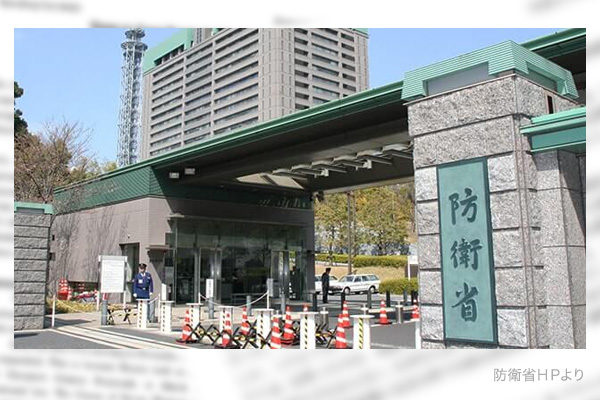The Japanese government has released its three security documents including the National Security Strategy. I appreciate these documents as turning around Japan’s national security policy. Particularly, it is significant that the documents emphasize that not only the Ministry of Defense but also the entire nation including all government agencies should undertake national defense.
While emphasizing so generally, however, the documents indicate the ministry’s self-sufficiency sentiment regarding specific measure that contradicts the emphasis.
Questionable creation of a new research body
We see the self-sufficiency sentiment in defense technology research and development. The National Defense Strategy, one of the three released documents, stipulates a plan to create a new research body at the Acquisition, Technology and Logistics Agency of the Ministry of Defense. The new body is said to be planned to serve as a think tank as well. The plan seemingly good but is questionable from the perspective of Japan’s entire research and development arrangements.
We should remember a new system of public-private technology cooperation under the Economic Security Promotion Act enacted this year. The new system led by the Cabinet Office was created in cooperation with the Ministry of Education, Culture, Sports, Science and Technology and the Ministry of Economy, Trade and Industry to break away from sectionalism. A 500-billion-yen fund was also set up for the cooperation.
Under the new system, a new think tank will explore security needs. National security agencies including the Ministry of Defense will be involved in a public-private council from the early stage of working out specific projects. Researchers participating in the projects will be required to keep secrets under a penalty rule as information leakage risks the exploration security needs.
Why has such new system been created?
Because the Science Council of Japan, one of leading national academies, has a long-standing policy of refraining from military research. This Japan-specific problem still works as a big constraint on research. The Ministry of Defense some time ago created a system of national security technology research promotion to enhance research and development but could not get cooperation from academia, failing to make sufficient achievements. As far as the ministry takes lead role, I am afraid the same thing will be repeated.
The public-private technology cooperation under the Economic Security Promotion Act has been devised to make a breakthrough in such situation.
Cooperation from academia is the key
Academia includes many researchers who want to make contributions for the country even under the rigid policy of the Science Council of Japan. Some system is required to liberate researchers from ideological constraints.
The Ministry of Defense apparently hopes to stick to its self-sufficiency sentiment rather than joining the Cabinet Office-led system, as indicated by the plan to create a new research body at the Acquisition, Technology and Logistics Agency. However, academia’s cooperation is necessary for research and development. If the new research body is set up under the Ministry of Defense, academic researchers may not join.
If national efforts are to be united for defense, the ministry should break away from its self-sufficiency sentiment and seriously consider utilizing the economic security think tank and the 500- billion-yen fund.
Masahiko Hosokawa is a professor at Meisei University and a former director-general of the Trade Control Department at Japan’s Ministry of Economy, Trade and Industry. He is also a Planning Committee member at the Japan Institute for National Fundamentals.


